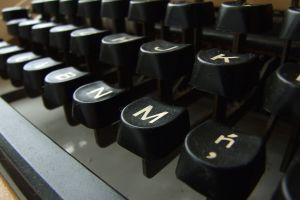 As a writer, it’s important not to make assumptions about what your reader knows.
As a writer, it’s important not to make assumptions about what your reader knows.
Yesteryear, if you were writing in North America, you could probably talk about catechism and the Eucharist and people would understand that you were referring to Catholicism. Maybe they wouldn’t know all the specifics, but they had probably heard the terms. Not today in our multicultural society. Today if you talk about the Trinity, you may want to spell that out.
Likewise for many other terms that we use every day. We know what they mean and so do our friends, but be careful not to fall into the trap of thinking that everyone else knows what you’re talking about. This is especially true of technical writers or people who use acronyms. Often one additional sentence serves as an adequate explanation.
Reread your material to make sure that it’s clear and people know what you are referencing. If you’re making a joke and saying, “Call me, maybe?” a certain audience will know that you are referring to a pop song by Carly Rae Jepsen and others won’t. There is a time to spell this out and a time to let people read between the lines. Just don’t leave your readers confused.
Sigrid Macdonald is the author of three books, including Be Your Own Editor, and two erotic short stories, which she wrote under the pen name Tiffanie Good. Silver Publishing just released “The Pink Triangle,” a tale of friendship, lust, and betrayal. You can view her story here: http://tinyurl.com/6v65rgr



